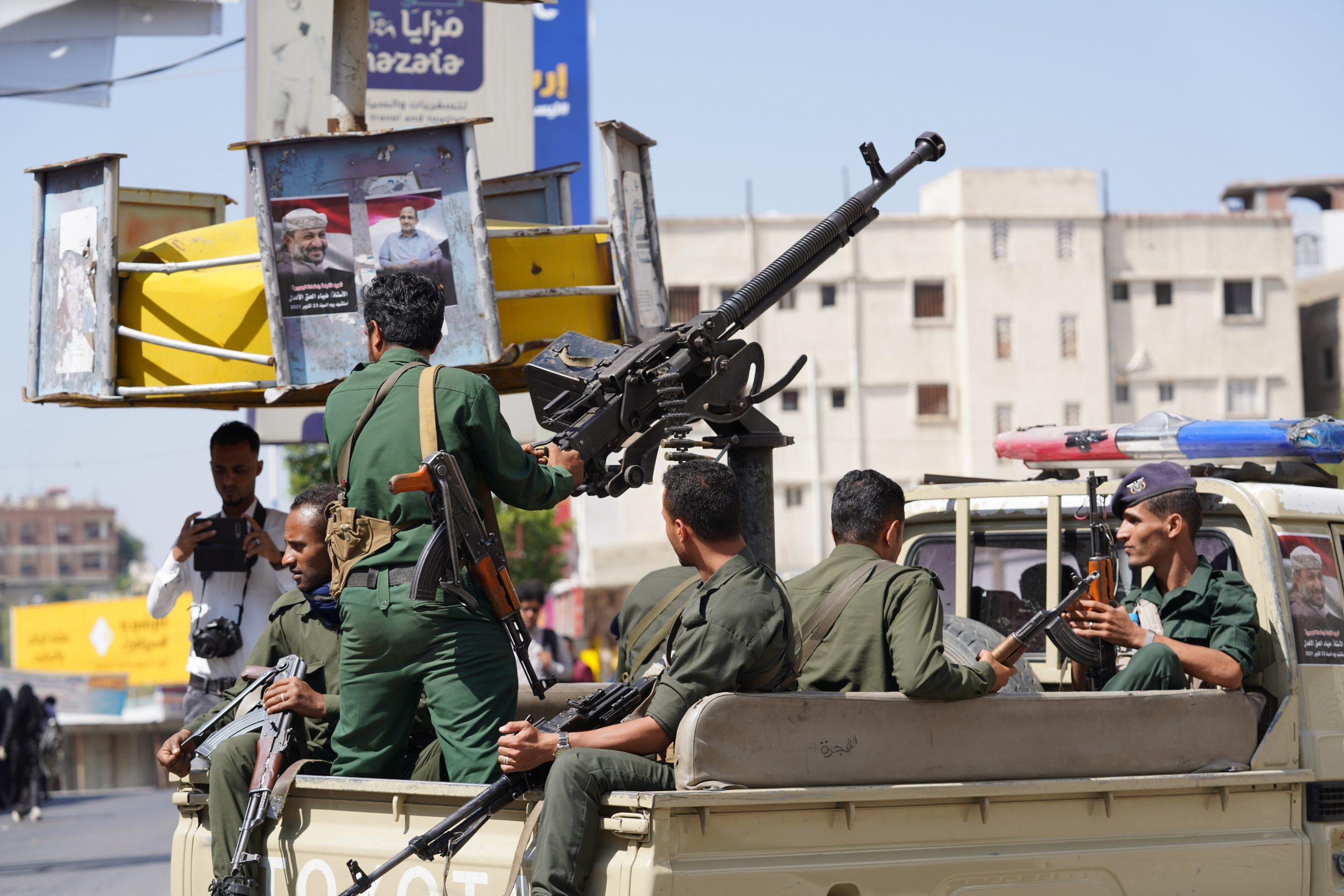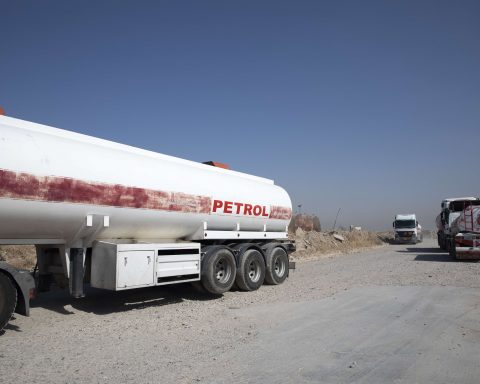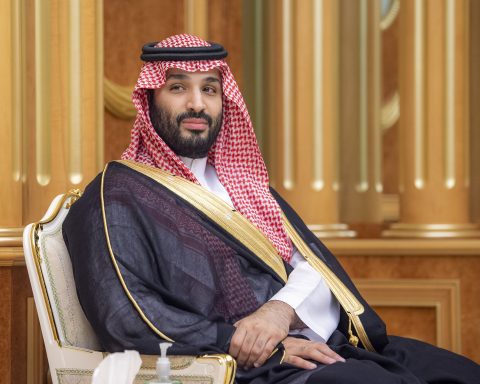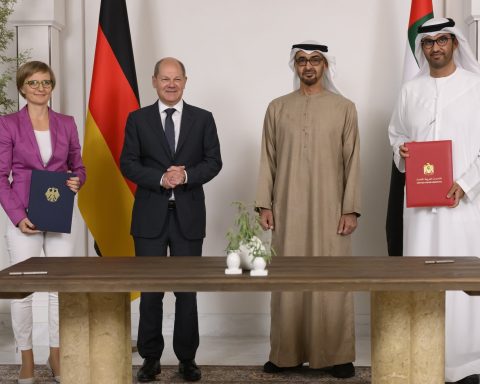With several Iranian-backed and Zaydi (Shia)-based Houthi militias’ recent attempts against Saudi Arabia and the United Arab Emirates (UAE), the optimistic atmosphere which occurred as a result of the advances of the Joe Biden administration and Riyad’s peace initiative on Yemen conflict unveiled in March 2021, disappeared. For some time, both the Riyad leadership and other principal actors in the Yemen conflict sent positive messages on this problem, which generated expected optimism when it coincided with the multi-faceted normalization trend in the Middle East.
Dashed optimism on the Yemen problem
Both regional and global dynamics seemed to create favorable conditions for a possible ceasefire for the war-torn and fairly exhausted country, that has been ravaged for years with a bloody civil war and confronted a severe humanitarian tragedy. As a global shift, unlike the Donald Trump administration, Biden vowed to end the US’ unconditional support for the Saudi Arabia-led Arab Coalition’s military operations in Yemen, which aggravated the dire humanitarian conditions in the country and caused some human rights violations. In the same light, the new administration advocated for diplomacy by delisting the Houthi movement from its list of terrorist groups and prioritized a political solution which also urged the Riyad leadership to accommodate this new reality. Accordingly, the launching of a normalization process with Iran and facing some diplomatic isolation, specifically as a result of UAE’s rapid drawdown of its military forces from the Yemen conflict and widening Yemen-based wedges between two allies, resulted in Riyad conceding to a political solution and accelerated multi-dimensional efforts to relieve the pressure exerted on the Arab Coalition and gave way to let humanitarian aid into the country. In this context, especially some Gulf Cooperation Council (GCC) countries like Kuwait, Qatar, and Oman backed the emergence of these new dynamics in regards to the Yemen problem, since these countries largely advocated for a somewhat balanced and third-way position towards the resolution of this problem.
Riyad’s difficulties in the new regional-global context
However, the conflicts started again as the Riyad-led Arab Coalition initiated a “large-scale” military assault on Yemen as a response to alleged Houthi attacks on Saudi territories. In this new phase, the regional realities and local dynamics are fairly different from the earlier periods since the Saudi leadership has no strong UAE military support in the field and due to the US not being keen on militarizing the Yemen conflict again. Furthermore, other GCC countries which adopt a third-way position and even neutrality, like Qatar, are reluctant to fuel the conflict in Yemen again which has already critical links with both Iranian-backed Houthi militias and the Ikhwan-based Islah party, which is a part of the Riyad-backed Yemen government. Except for Al-Qaeda affiliated groups and the UAE-backed separatist Southern Transition Council (STC), Qatar preserved its effective channels with other actors which would facilitate possible negotiations at least between government forces and the Houthi movement. As for the UAE, considering its normalization attempts with Iran and the Assad regime, Abu Dhabi seemed to be hesitant as well in involving new cycles of conflict in Yemen which would generate new instability in the Gulf region. As it is already known, the UAE faced some Iranian retaliation in the Gulf region like several “unknown attacks” against its oil tankers, which threatened its main regional goal to be an energy-finance center. Furthermore, the UAE already realized its goal in Yemen by empowering the STC as another influential local political-military group that controls some critical parts of southern Yemen. In this way, without Riyad’s support, the UAE settled in Yemen and in the strategic Socotra Island, which is critical for the UAE’s sea-based trade activities. In other words, the UAE reached most of its goals in Yemen which would discourage its active involvement in another Saudi-led active military campaign against Houthi forces.
Additionally, the Riyad leadership is already cognizant of its limits on sustaining military operations without the US’ support. Therefore, despite their supportive messages on Riyad’s security and their condemnation of Houthi attacks and violations in regard to the transfer of humanitarian aid via the Houthi-controlled Hodeidah port and the capture of a UAE-flagged vessel in the Red Sea, these countries still maintain their commitment to the political solution. This reality was also mentioned by the Riyad leadership when announcing the new Arab Coalition-led assault in Yemen. What is worse is that the Riyad leadership claims that Hezbollah, another Shia political-military organization based in Lebanon and backed by Iran, is now fairly active in Yemen with its military, logistical and economic support for the Houthi movement. It is alleged that Hezbollah militias train Houthi forces and provide financial resources with several illegal ways such as smuggling. Furthermore, this movement is alleged to provide some experts to the Houthi movement. Considering the militia-based deterrent power of the Iran leadership and the stronger relations between these mostly Shia-based militias, these allegations can have some factual credibility. As a result, even though Iran recently adopted a more conciliatory and low-profile strategy owing to lasting normalization steps with Gulf countries including Saudi Arabia, its behind-the-scenes role via Shia-militias and, thus, its centrality in the Yemen problem perpetuates in the field. The alleged increasing role and visibility of Hezbollah in the Yemen problem proves growing collaboration and solidarity between Shia militias in Yemen as well.
When considering all these regional-global dynamics the new “large-scale” military operation would probably not yield the expected result and contain the Houthis’ more embedded political-military status in Yemen. Neither GCC countries, including even allies of the Riyad leadership like the UAE, nor global actors like the US want the perpetuation of the Yemen conflict, which already caused a massive humanitarian tragedy with pervasive poverty, famine and severe illness. Riyad’s recent political-military position on sustaining such operations and repelling Houthi forces seem impossible and this reality concerns the Riyad leadership as well, which keeps its commitment to the political solution.














